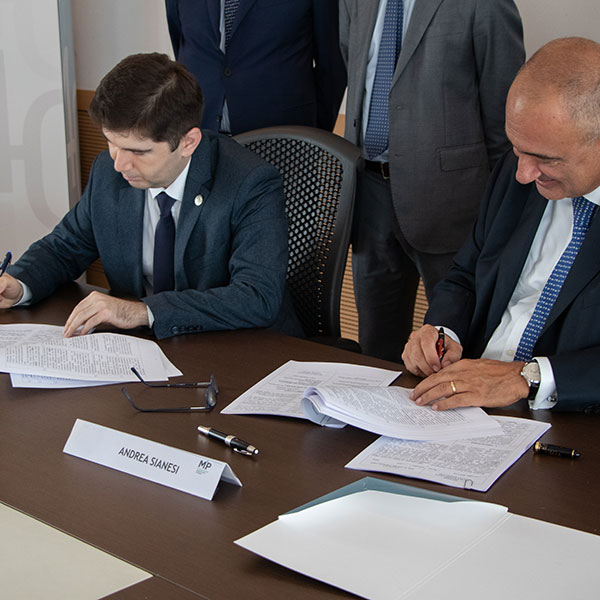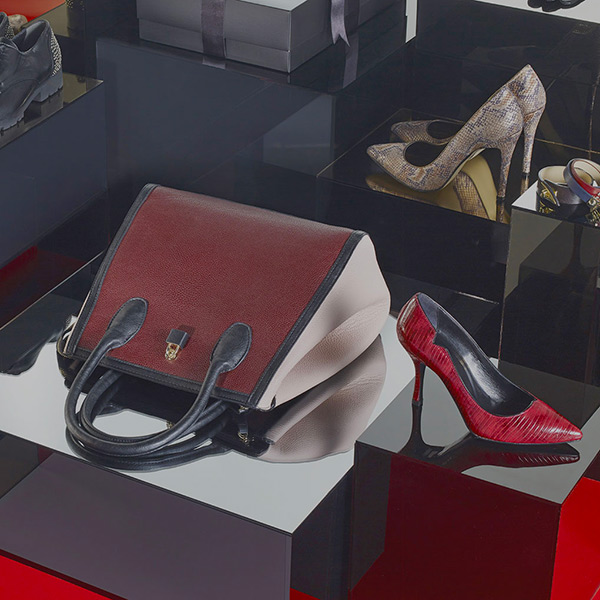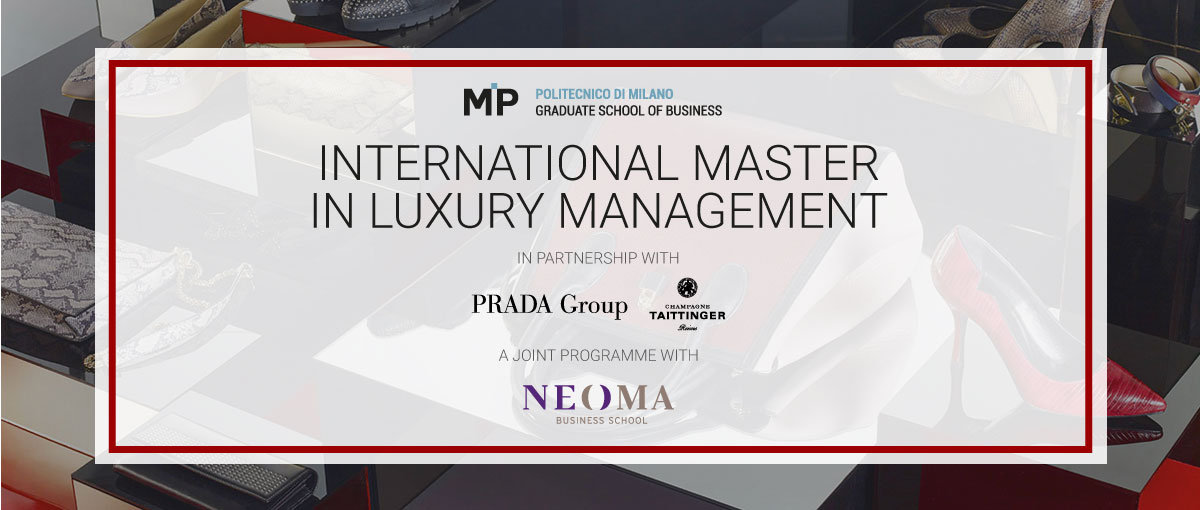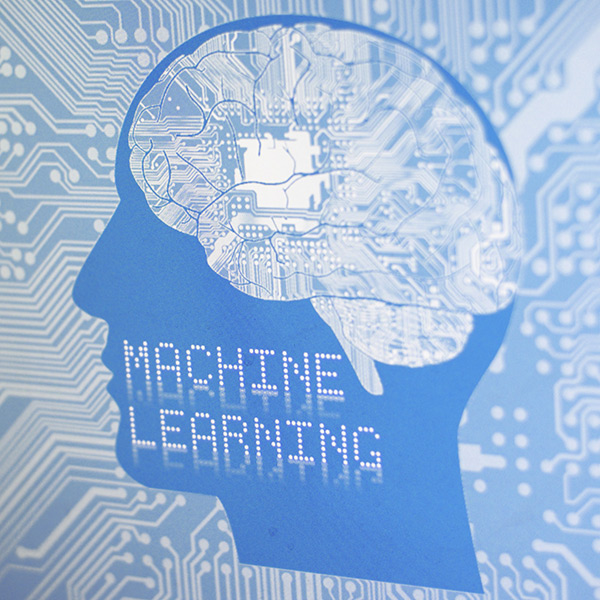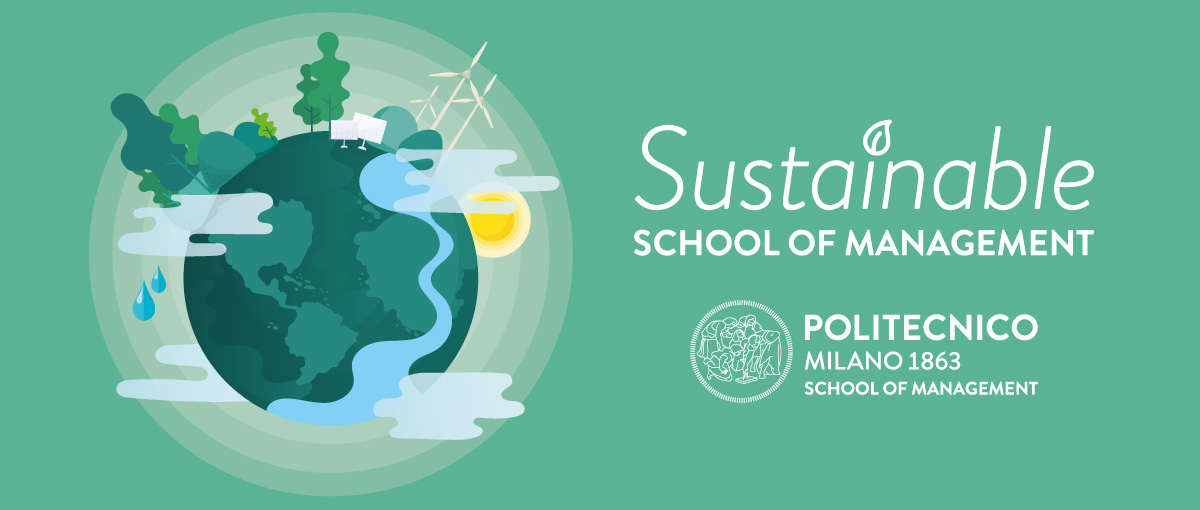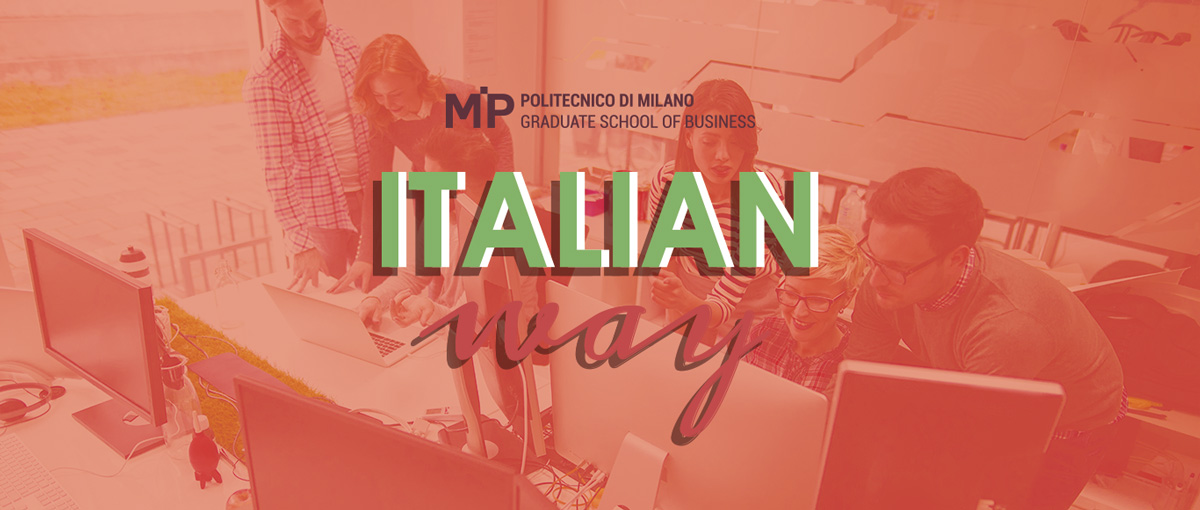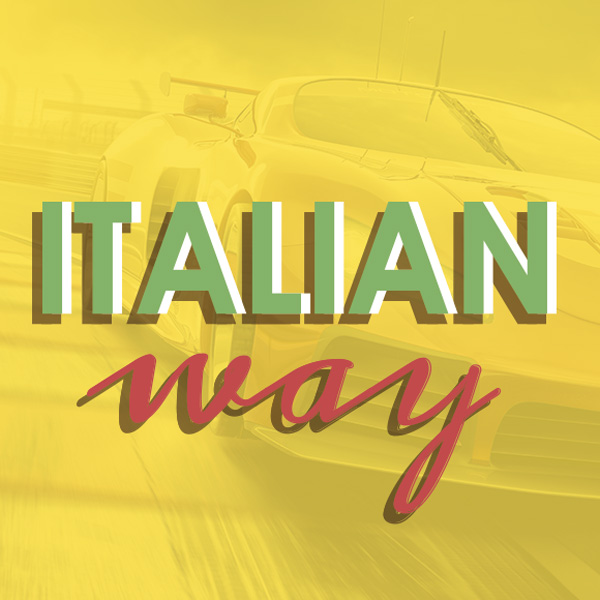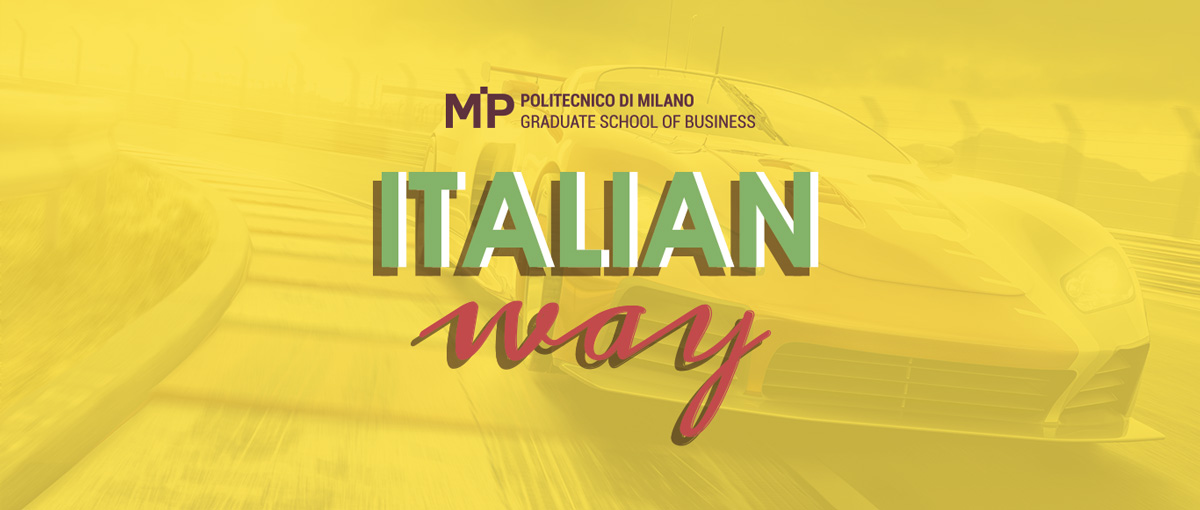Dedicated Master in Global Project Management starting in January
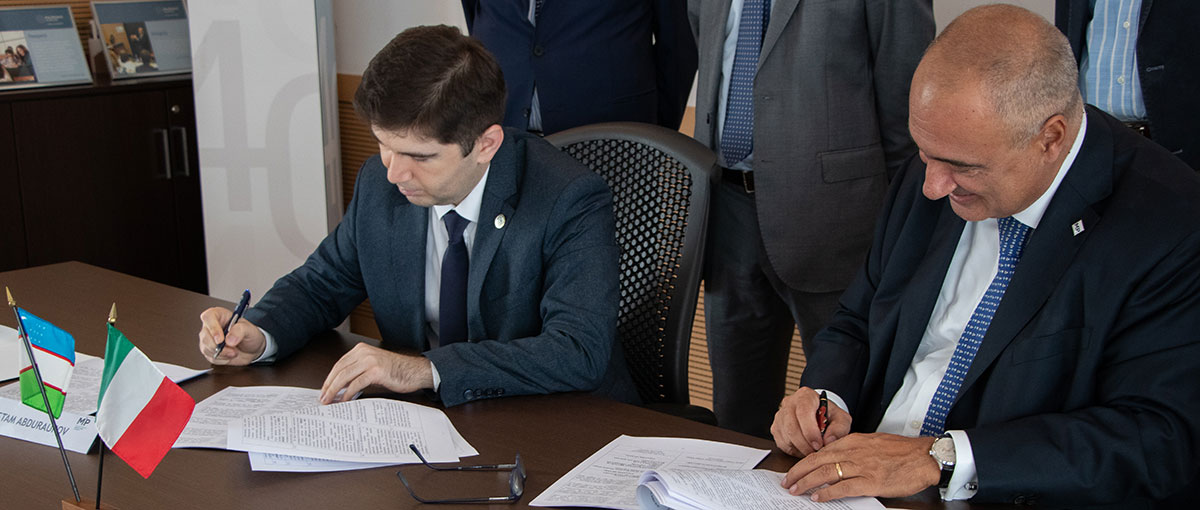
Agreement signed with the Republican Graduate School of Business Management of Tashkent, which will recruit the candidates for selection. In the words of Andrea Sianesi, Dean of MIP: “This Master is an invaluable plus point for professionals entering the work market in Uzbekistan: there is no equivalent program on offer in their country, while there is a great need for management skills for its development projects”.
In addition, forty or so Uzbek executives are coming to Milan in November for a short course.
MIP Politecnico di Milano Graduate School of Business is to train the Uzbek managers of the future. MIP’s Master in Global Project Management will be held in Milan. Starting in January, this two-year program will provide young Uzbek students with the specialised education they need to manage projects in a systematic and multi-disciplinary perspective.
The program originated from a collaboration between MIP and RGSBM, the Republican Graduate School of Business Management of Tashkent in Uzbekistan, agreed in MIP’s Milan premises and signed by Andrea Sianesi, MIP Dean and the Master’s Co-Director, and Rustam Abduraupov, RGSBM Director. The course Director is Professor Antonio Calabrese.
“Uzbekistan is a country in rapid growth, and as such needs the competences to successfully manage projects relating to industry, infrastructure and development in general”, explained Sianesi. “This is why the RGSBM turned to the Business School of Politecnico di Milano, and we responded with enthusiasm to their request to train future Euro-Asian managers. On top of this, we are welcoming about forty Uzbek executives to Milan for a six-day course on ‘Project and Portfolio Management’. This course also includes presentations by top managers from the private and public sectors, together with company visits”.
Andrea Sianesi then continued by saying: “The natural career opportunities for students completing this Master are within companies, government bodies and project-based organisations in Uzbekistan. In combination with the fact that students can also take an exam certifying their project management qualifications according to the IPMA (International Project Management Association) model, this Master in Global Project Management is an invaluable plus point for young professionals entering the Uzbek employment market, because there is currently no equivalent program in their country”.
The course will be taught in English to students proposed by the Republican Graduate School of Business and Management of Tashkent, which will take care of the recruitment side, and these young candidates will then go through a selection process. The lessons will be split between Uzbekistan and Italy, and will consist of class-room lessons, study case discussions, simulations, company testimonials, completed by personal study periods.
